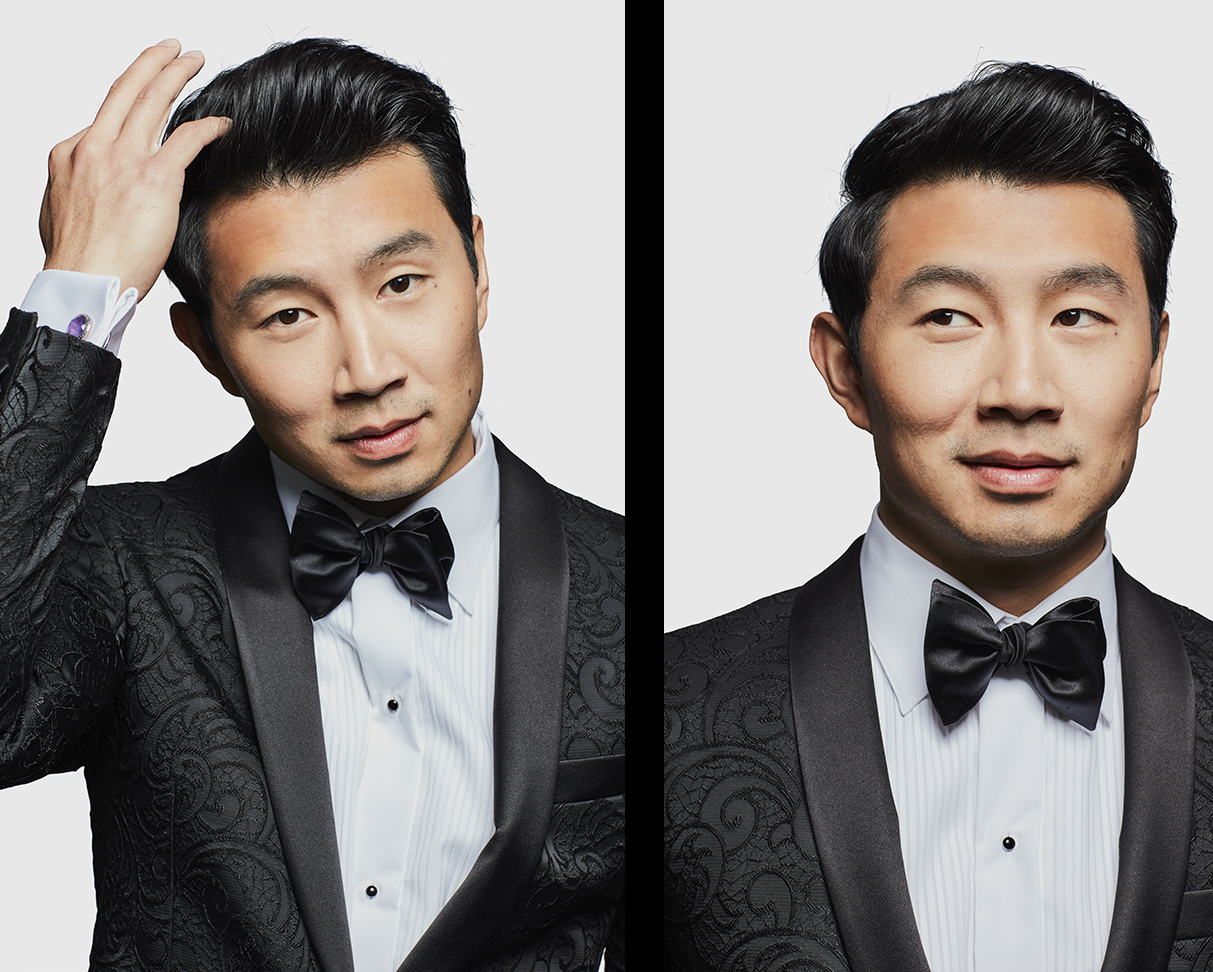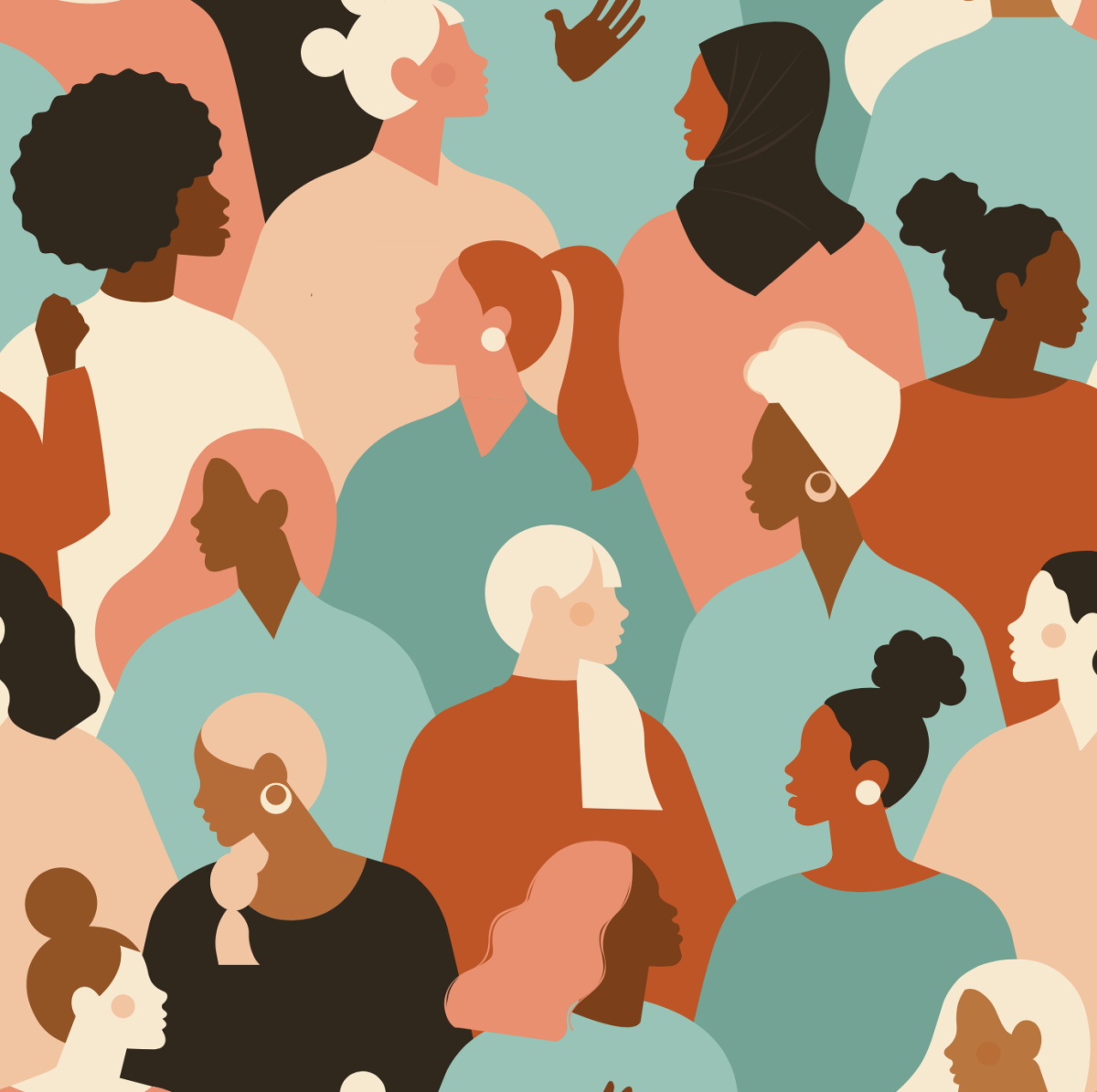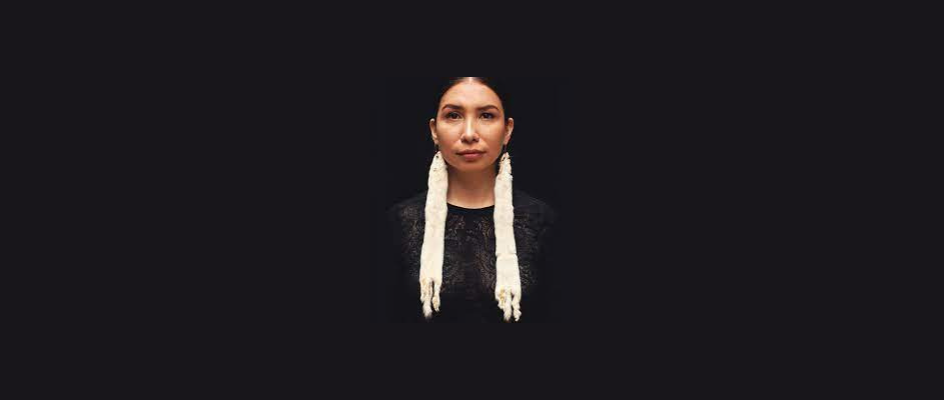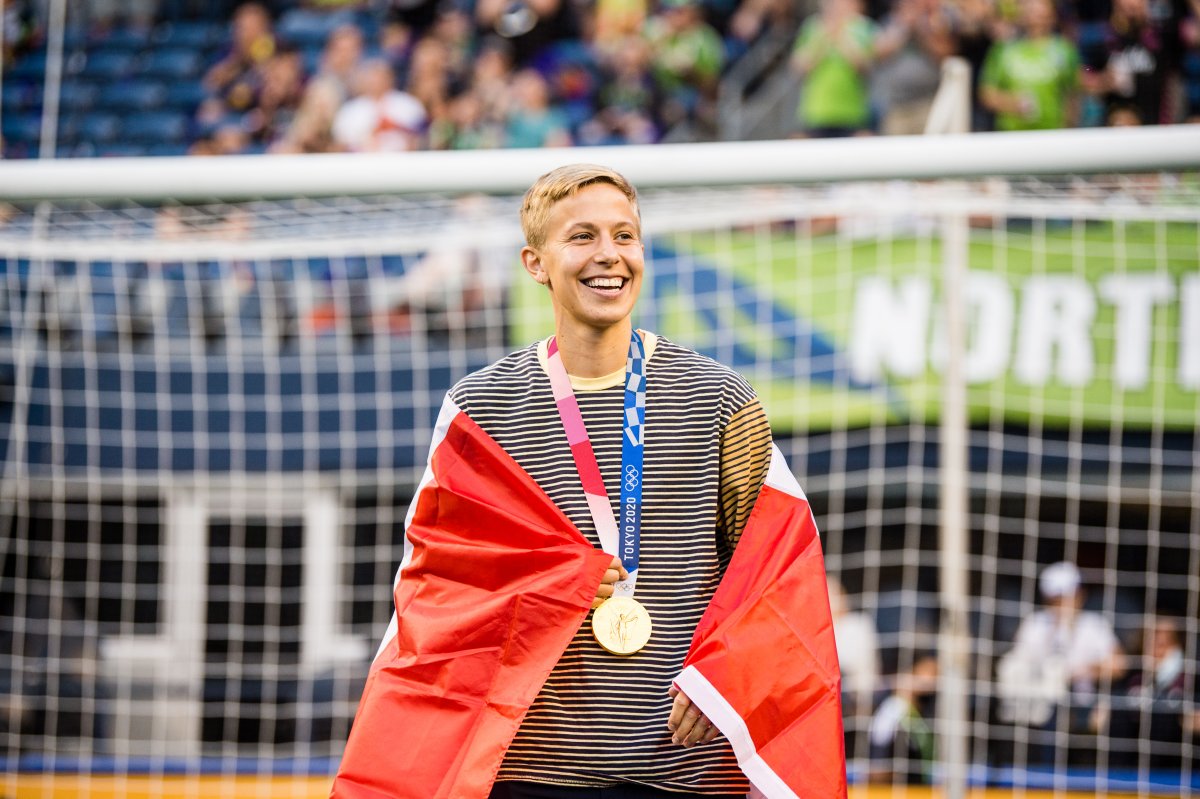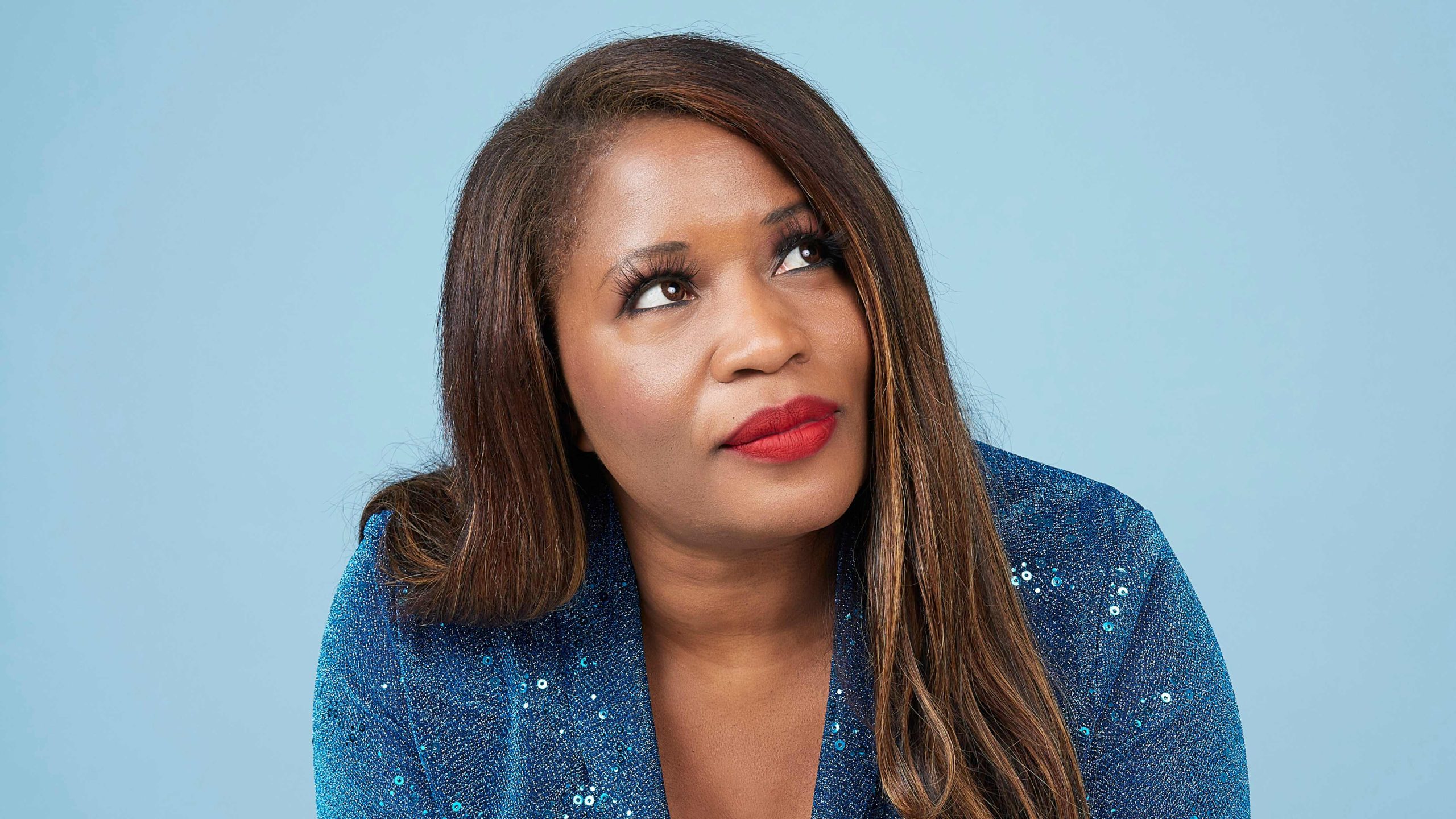For Simu Liu, being cast as Marvel’s first asian superhero means he’ll be thrust onto one of the biggest stages in the world — and have the opportunity to inspire real meaningful change.
Interview: Lance Chung
Photography: Norman Wong
Styling: Marc Andrew Smith
Grooming: Antonio Hines/Valentine Agency
Photos shot on location at the St. Regis Toronto
What happens when you have just been granted the opportunity of a lifetime? One that has the potential to completely change your life? For Simu Liu, the 30-year-old Canadian star of Kim’s Convenience, it means the realization of your dreams, and a platform to create change. Born in China and raised in Mississauga, Ontario, the Chinese-Canadian actor has spent his life at various crossroads that have come to symbolize the Asian-North American experience: pursuing the goals of your parents or your own, identifying with your heritage or your upbringing. Life has been but a collection of contrasts that Liu has often struggled to balance.
Alas, he’s found his voice, and used it as a platform to speak up for an entire generation of people that have experienced similar challenges. Now, being cast as Marvel’s first Asian superhero, Liu is about to embark on the adventure of a lifetime. And with that he’s taking his mission with him.
You graduated from business school and went on to be an accountant before you pursued acting. Why the pivot in direction?
If I am being totally honest, I wasn’t the best student. I think it was because I didn’t have a critical path charted out for me. I was in business school for the wrong reasons, so I didn’t dive deep into the material because I didn’t know where it was all headed. Then I ended up working at an accounting firm afterwards, which was not great or suited for my personality.
What did you take away from that experience that helped prepare you for your life in the arts?
It’s actually been really great because I learned a lot about self-management and soft skills, and in general, just how commerce works. That, I find, especially for a lot of artists, is not naturally something that is easy to pick up on. So, for me, it’s just been about navigating this industry. My business school education has helped me a lot just by understanding how different parties and contracts work.
In a way, has it given you a sense of entrepreneurial spirit towards your career?
I’ve always treated my career of an actor as that of an entrepreneur. I am very clear on the product that I am selling. I am very clear on the branding, as well as strategy and the other things that don’t come naturally to a lot of, not just actors, but any kind of creative. For me, it’s about maintaining that creative integrity and energy, but also rooting it in a very business-savvy background.
Well, first and foremost, Kim’s Convenience is a beautiful immigrant story. Canada is not the only country with immigrants, although we are famously very welcoming and inclusive of them. But there are tons of immigrant families in the United States, Australia, Britain, and most of the developed world. So, I think the reason why the show has been successful outside of the Canadian market is just for that reason. It doesn’t matter if you grew up in Toronto, Los Angeles, New York, or in the middle of nowhere. If you’ve ever found yourself in a situation where you’ve argued with your parents or felt some sort of intergenerational conflict because their culture and values are so different from yours, and the world that you were brought up in, well that’s kind of what happens constantly in our show.
I think that those themes are deeply resonant. Not just in my generation, but in our parents’ generation who dealt with raising kids in a completely different and foreign environment. Or, even with our children as we struggle with deciding which values to bring them up in.
As an immigrant who came to Canada when you were very young, did you ever struggle to marry your cultural identities?
Yes, for sure. There is definitely a struggle. Growing up, we had a lot of problems. My parents came from a place where it was so difficult to even put food on the table. So that was their immediate priority. It was all about survival, the bare necessities.
Then, once we got that, I feel like they weren’t well-equipped to deal with the next level of problems that came. It was all about doing what was necessary in order to survive. In a way, that kind of makes your purpose in life crystal clear. Whereas in our generation, it’s difficult in a way because it’s about trying to chart out a path for yourself. That’s not to say that it’s more challenging for us because we do have the immense luxury of having our basic necessities taken care of thanks to our parents and the world that we live in. But when the immediate scarcity of not having enough food or money is no longer there, then what do you do? You kind of struggle to find purpose in some other way.
You were recently cast as the lead for Marvel’s first Asian-led superhero film, Shang-Chi and the Legend of the Ten Rings. Describe the moment when you received the news.
I got the call from [Marvel Studios President] Kevin Feige. He’s basically the architect of the Marvel Comics Universe [MCU] and was like, “Hey, I’m here with the director of the film. We want to tell you something.” Of course, at that point, I already knew because they wouldn’t go through that kind of trouble if they weren’t going to offer me the role. In my mind, I was screaming and started to cry. Of course, they finally offered me the part. And with that, they were like, “by the way, you’re going to fly to Comic-Con in four days. You can’t tell anybody.”
And did you?
I immediately told my parents. You can’t hold news like that inside you. It was my Cinderella moment. Going to Comic-Con was a crazy experience where I found myself next to the people that I grew up watching, or the people I had seen in the Marvel movies over the past 11 years. Angelina Jolie ended up being at our dinner table! It was surreal on so many levels. Kevin, I think, knew what he was doing and just wanted to see what would happen if he just took this regular guy and plucked him out of his existence and threw him onto the biggest stage in the world at that moment in time. It was just a surreal experience.
My parents’ hard work is what allowed me to build my life here. I owe everything to them.
What was that conversation like with your family? Was it a full-circle moment for you?
It definitely felt like I was coming back full circle. It felt good to be able to tell them because I felt like my whole journey into acting, even though my parents had come to understand it and even support it, there was always a lingering sense of uncertainty. This call to them meant finally being able to alleviate that uncertainty.
I even heard my mom say, “Next time we get the chance to retire, I think we’re going to take it.” Sometimes there are packages that come across the company that they work at. My parents had always held out because there’s just so much uncertainty. Now, they’re finally ready to let go and stop working, which just means the world to me because their hard work is what allowed me to build my life here. I owe everything to them.
What were some of the initial reactions that you received?
I don’t know what I was expecting, but everybody that I talked to was very open. I especially appreciated Tom Hiddleston. We got in the elevator together to go to the green room and I was like, “Hey, man. I’m such a huge fan of yours.” He had no idea who I was. So, I was like, “I’m going to play Shang-Chi.” And he was like, “Oh man. Amazing. Welcome!” Me being me, and being such a huge Loki fan, I asked him for any words of advice or wisdom.
Tom, to his credit, said some really important things. He told me, “Don’t be afraid to put yourself into the role. Don’t be afraid to contribute your ideas and your thoughts because the wrong thing to do in this situation would be to show up to work and ask other people what is required of you.” He said, “If I want anything for you, it would be to charge head-first into this and not be afraid to commit, pitch ideas, and be totally unapologetic in doing so.” I found that so useful. I’ve been living by those words ever since. It’s just this idea of being proactive rather than letting this opportunity run me over.
What does it mean to be a part of something like this?
I’ve always had a special attachment to superheroes. They’re like the modern-day equivalent of Greek heroes and almost transcend culture. The fact that we now have an Asian character who is among that pantheon, and not just in an auxiliary way, but really his own character with his own movie, I think, is extremely profound. I just think back to what it was like for me growing up and not having somebody like that to, for example, dress up as for Halloween. It sounds absurd, but I truly think that when you don’t see yourself represented in that way, it can really affect your idea of what is possible for you.
Growing up Asian always had this caveat. You don’t get to do certain things. You don’t get to be Superman. You don’t get to be that man. You don’t get to be represented in these ways. Now, a kid can grow up fully with heroes to dress up as for Halloween. I think that is so huge and something that I never believed an Asian boy could do.
You have been a champion of change within your industry by advocating for more diversity in film, specifically for the Asian North American community, but also around changing standards of masculinity. Whether you intended to or not, you’ve really established yourself as a leader in the community. How much of that mantle do you embrace?
Initially, I didn’t embrace it at all. I felt very uncomfortable. I didn’t get in this game to be a political figure or a community leader. I just wanted to do my job and book work. Once we shot our show and started doing press, I realized that it truly was inevitable that we would be thrust into that position, simply because there are so few others.
Take a look at the cast of Crazy Rich Asians. Think about how many times they have to answer the same question over and over again: “How does it feel to be the first Asian-led studio film in 25 years?” On one hand, it’s really amazing that we have had that film and that victory. But on the other hand, how many times can you ask that? How many different ways can you answer that question?
My immediate reaction used to be, “Oh, not this stuff again. Why can’t I just do my job? Why can’t I just be seen as equal?” But then something changed in me, because I realized how necessary those figures were in moving forward. For us, wishing that we had the same luxury as, say, a white actor promoting a white show is, frankly, a fantasy. We’ll get there one day, but until then, we need to talk about it. We need to talk about diversity. We need to talk about the problem that still persists in Hollywood and in the media. We’re not there yet, and we need people who are unafraid to embrace that platform.
That’s why I embrace that mantle whole-heartedly. It’s not that I’m going around calling myself a community leader or a voice, but it’s that I won’t shy away from questions when they’re being asked. I won’t shy away from calling people out when I see fit. And in that way, I hope it sets an example for others, not just Asian creatives.
As an actor, and essentially someone that is in a position of growing power and influence, do you think that it is that individual’s responsibility to act as a role model or changemaker?”
No, I don’t. I would shy away from saying it’s a responsibility or a duty. I mean, you don’t want anyone in those positions that doesn’t want to be there. For me, I very much do feel like it is my responsibility. That’s not going to be the same with everyone.
How long did it take for you to embrace your identity?
I remember a time not so long ago where I was deeply, deeply ashamed of my Asian-ness. I saw it as a hindrance, rather than something to be proud of. And something like “cultural pride” seemed so foreign to me just because I had spent so much of my life trying to be white. I feel like so many of us did because we just wanted to assimilate away all of the things that made us different and blend in — keep our heads down.
Now, I hope Asian kids growing up today can be proud to just be who they are, and embrace the wonderful culture that they’re a part of, and that their parents were a part of. Our story is so unique because we are immigrants. Our parents came from a land far, far away, oftentimes with nothing on their backs or in their pockets. Just hopes and dreams for a better life. And they took that. They took nothing and created a life for us. For us to then just turn our backs to that culture, to that heritage, and to that story, is unacceptable. We have to find that pride within ourselves to say, “I embrace the culture that I grew up in.” Sure, it wasn’t perfect. Sure, it’s hard growing up in a new society. And it’s hard to explain things to our parents sometimes. It’s hard for these two generations to try to find a middle ground. But it is a story that is worth telling, and we need to be proud of that.
What does progress mean to you?
My progress has been in figuring out where my roots are, in terms of how I felt about my culture and my identity. It was a very touchy subject and I had such a turbulent relationship with my parents when I was little. That, in turn, led to this kind of shame or hatred, even, of my culture because my parents came to represent everything that I came from, everything that I wanted to run away from.
When we reconciled and started communicating, and our relationship blossomed, only then was I able to come to terms with those latent emotions of resentment and self-loathing. I’m happy that I went through that progress. It has been a lot on a personal level and I think everyone that grew up in those kinds of circumstances has to go through that journey where they find within themselves some sort of reconciliation for the way that they were treated when they grew up and their relationship with their parents.
What about progress from a community standpoint? What does that look like to you?
I think the media is a big piece of it. I think we will see progress when we no longer see Asian-ness as something to be ashamed of on a macro level because I think that people still do, even subconsciously. I do a lot of speaking at universities and colleges around North America, and some of the questions that I get just come from a place of this self-imposed inferiority. I just hope that, as a community, we can erase all of that and stand tall in any space that we’re in.
And I know that our parents raised us with this mantra of, “Keep your head down. Don’t cause too much of a ruckus. Don’t cause trouble.” Right? We just want to blend in so that we can put our heads down, do work, and that’s it. Well, we’ve gone just about as far as we can with that kind of attitude. Now, it’s time for us to stand up. It’s time for us to speak up. So, the media is a huge piece. Progress for me means that we need to realize how much power we have when we act together as one unified group.
Why that’s so important is that, traditionally, for us, we’ve never thought about embracing political causes. All we wanted to do was earn a paycheck. But now, we realize there are systemic factors that hold us back. And we need to be adequately represented at all levels in order for us to fight that fight.
What is the lesson that took you the longest to learn?
I think it’s that nobody is going to give you permission to live your life. The only person who can give you that permission is yourself. I went through my life thinking that I had to do what my parents wanted, what other people wanted. And that’s how I wound up in business school. That’s how I wound up in accounting which, frankly, I hated. I never allowed myself the permission to dream, even though I raised myself on TV and watching movies on the weekends. What’s taken me the longest to learn is that nobody gives you that permission. You have to take it. I hope everybody will learn that lesson faster than I did.
What’s next for you? What are you really excited about?
I’m excited to continue this dialogue about what it means to be Asian-Canadian, Asian-American, Asian with a hyphen. It’s so strange and sounds so obvious once you say it out loud, but we’re not the same as people who grew up in Asia. It’s something that Hollywood, in particular, has had such a difficult time wrapping their heads around. Why does a movie like Crazy Rich Asians make $174 million in the North American box office, but bomb in China? It’s because the Chinese audience and the Canadian Asian audience want completely different things. People over there have no idea the representational struggles that we’ve had—the struggles with identity. They grew up in China, with Chinese people. Or in Vietnam, with Vietnamese people. They consume their own culture. They feel represented. There is no conflict that has risen because of it.
For us, though, there’s a treasure trove of conflict of these new feelings and struggles with identity and how to carry oneself. I think that in future generations, we will hopefully carve out a culture that is uniquely our own instead of having to blend into somebody else’s.
What are you working on moving forward?
I’m also working on a number of projects, both with my own production company and also with others. We are coming out with a book in a couple years and just signed a published deal with HarperCollins Canada. I’m going to write a memoir, but it’s not going to be about my life. It’ll be more about my parents’ life growing up in China during the Cultural Revolution and the whole process through which they came to Canada, and then brought me over, and all of the crazy things that ensued because of that. For most people, bringing their kids to Canada and settling down in the First World like that is a happy ending in and of itself. But then you ask yourself, “What happens next?” And in actuality, in our case, that proved to be very difficult. So I wanted to tell that story.
We’ll also be shooting more Kim’s Convenience. We’re just about to finish up on the fourth season, which will premiere in the winter of 2020. I really think that the writers, the actors, and everyone on the creative team has really stepped it up again. I mean, you’ve got to, right? You have to continue reinventing yourself because you have a show that’s in its fourth season, and what you absolutely can’t do is rest on your laurels and keep doing the same thing. I think we’re really good at taking risks in that regard. We’re starting to feel a sort of comfort within ourselves and with each other that’s really great. It really frees us to do our best work and to take risks. I still remember what it was like being on set in that first season, and just being so scared that I was going to mess things up. So much so that I never made a bold choice. I never experimented with anything. I only ever just wanted to not make anybody else mad. And if you’re a creative, that is absolutely the wrong way to go about doing any work. I think that’s all gone now. There’s a real sense of play on set with myself and other actors, and we’re really excited to show it to the world.


